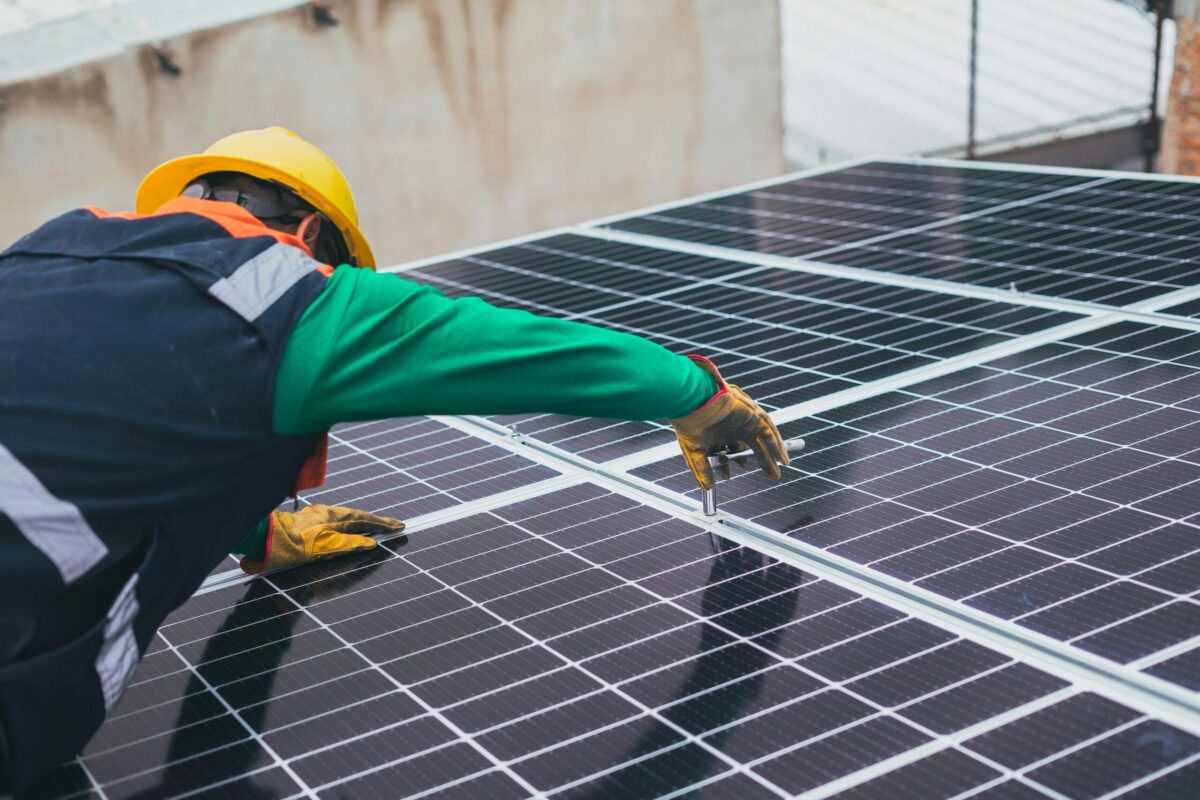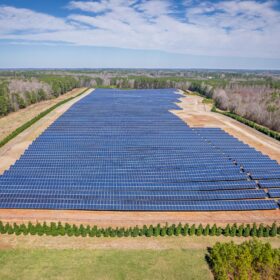At last count, 126 municipalities had either committed to purchasing 100% of their electricity from renewable energy sources, or, in the case of six, had already achieved that goal. Many of these cites are small, with the larger ones typically located on the West Coast (Los Angeles, Portland, San Diego, San Francisco, San Jose).
In fact, outside the West Coast, only two cities with more than 500,000 residents – Denver and Chicago – have made such a commitment.
Albuquerque (population 560,000) is not on Sierra Club’s list of cities with 100% renewable energy commitments. But even if no formal plan has been announced, Albuquerque Mayor Tim Keller has said that the city will be 100% renewable within the next five years – well ahead of the state’s 100% by 2045 clean energy mandate – and his pledge to move the city to 100% has been recognized by Sierra Club.
Last week the mayor took a big step towards putting money where his mouth is. Keller’s office has announced a deal with utility Public Service Company of New Mexico (PNM) for resident businesses, schools and the city government to purchase the power from a 50 MWac solar plant on Jicarilla Apache Reservation in the northwestern corner of the state.
Tribal energy
 According to the mayor’s office, this will make it the third-largest solar project on tribal lands in the United States. It’s not clear what the Jicarilla Apache are getting out of this, besides inevitably lease payments and possibly employment opportunities for tribe members.
According to the mayor’s office, this will make it the third-largest solar project on tribal lands in the United States. It’s not clear what the Jicarilla Apache are getting out of this, besides inevitably lease payments and possibly employment opportunities for tribe members.
This could be important for a reservation with 17% unemployment, but it is unclear how many if any of the construction jobs will go to tribal members.
Also, this is not the Jicarilla Apache’s first rodeo in terms of energy development on their lands. The reservation has a number of oil and gas plays, and its own oil and gas administration acting as an intermediary between the oil industry and the tribe.
Meeting more than half the city’s electric demand
Chicago-based developer Hecate Energy has won a solicitation to build the solar project, and has already put up a project page for the Hecate Energy Solar Jicarilla Apache Nation Advanced Energy Center, which it expects to put online by the end of the fourth quarter of 2021.
The U.S. Department of Energy put the average capacity factor of solar in New Mexico at 27% in 2017 – the most recent year it provides data for – meaning that this plant should pump out around 120 Gigawatt-hours of electricity annually.
Albuquerque Journal estimates that this plant alone will supply electricity equivalent to 54% of its electric demand, and the city says that it will be getting 2/3 of its electricity from emissions-free energy sources starting in 2022.
Solar Direct
This isn’t Albuquerque’s first foray into solar. In 2017 the City put forward a plan to install $25 million worth of solar on city buildings, as part of a goal to get 25% of its power from solar by 2025 – a plan that has clearly been upgraded. We estimated at the time that this would mean around 7-8 MW.
However, while those projects were to be financed through a combination of energy savings and federal bond credits, the Jicarilla plant has a different mechanism.
Under PNM’s Solar Direct program, businesses, city government, educational institutions and tribal agencies can subscribe for the output of solar projects, making it similar to a hybrid of a green tariff and a community solar program, minus the residential customers.
The Jicarilla project has one more hurdle to go through, and must still be approved by state regulators.
This content is protected by copyright and may not be reused. If you want to cooperate with us and would like to reuse some of our content, please contact: editors@pv-magazine.com.









By submitting this form you agree to pv magazine using your data for the purposes of publishing your comment.
Your personal data will only be disclosed or otherwise transmitted to third parties for the purposes of spam filtering or if this is necessary for technical maintenance of the website. Any other transfer to third parties will not take place unless this is justified on the basis of applicable data protection regulations or if pv magazine is legally obliged to do so.
You may revoke this consent at any time with effect for the future, in which case your personal data will be deleted immediately. Otherwise, your data will be deleted if pv magazine has processed your request or the purpose of data storage is fulfilled.
Further information on data privacy can be found in our Data Protection Policy.